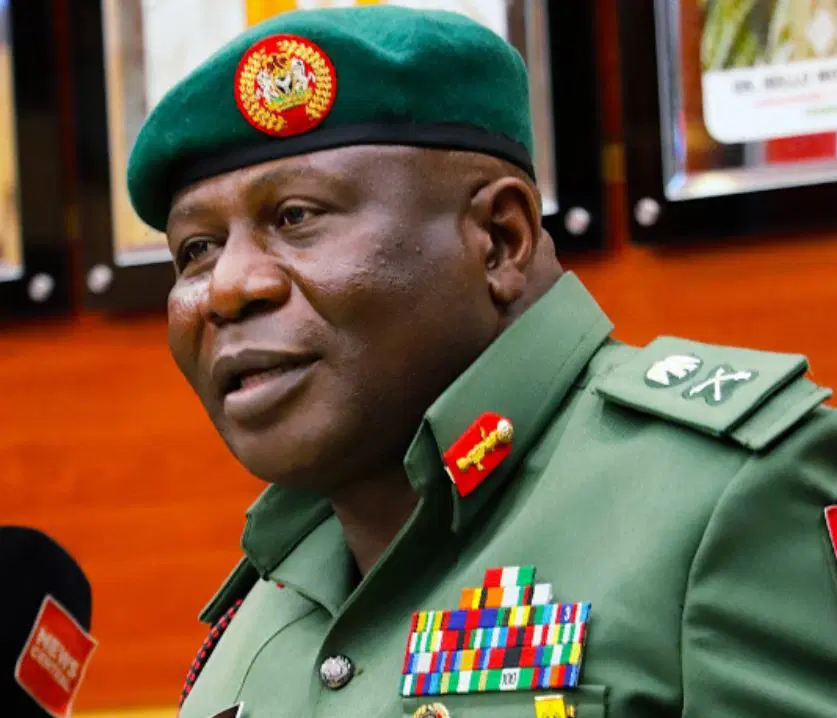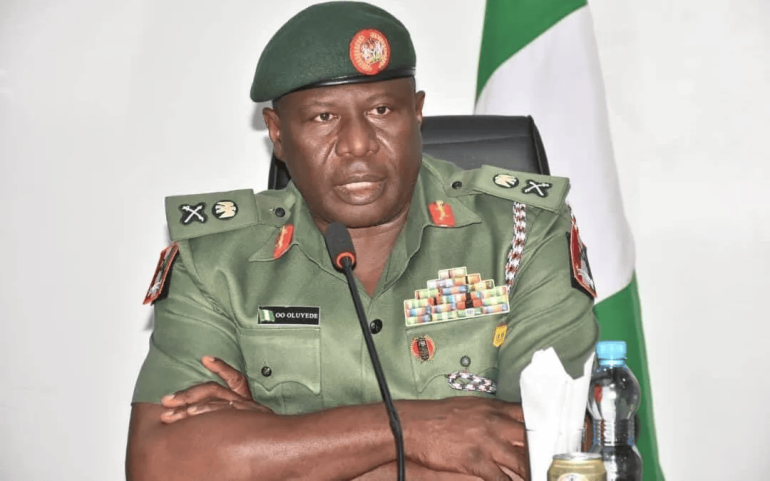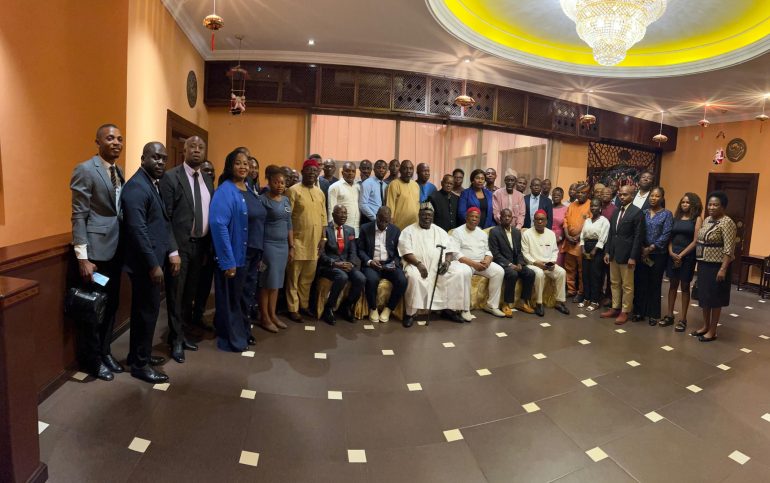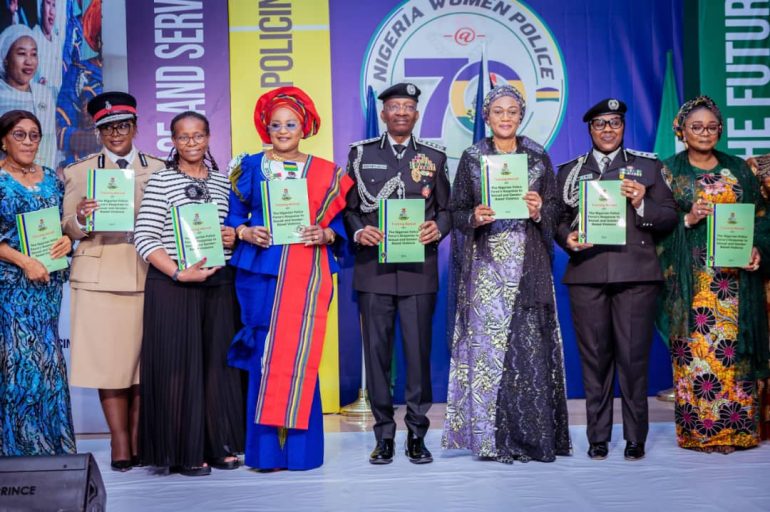Listeners:
Top listeners:
-
play_arrow
104.9FM Best rock music demo
-
play_arrow
Demo Radio Nr.1 For New Music And All The Hits!
-
play_arrow
Demo Radio Techno Top Music Radio
-
 play_arrow
play_arrow
Police Commissioner Launches Weapon and Riot Control Training for FCT Officers Democracy Radio
Fake News, Deepfakes Undermining National Security- Chief of Army Staff

By: Aremu Toyeebaht
The Chief of Army Staff, Lt.-Gen. Olufemi Oluyede, has called for stronger collaboration between the military and the media to combat the rising threat of fake news, manipulated images, and deepfakes, which he described as serious dangers to national security and public trust.
Oluyede, represented by the Commander, Nigerian Army Cyber Warfare Command, Maj.-Gen. Mohammed Abdullahi, made the call at the opening of the Directorate of Army Public Relations’ Combined Third and Fourth Quarters Seminar in Abuja on Tuesday.
He said the digital revolution and the emergence of artificial intelligence had transformed how information spreads—making it easier for misinformation to go viral and distort public perception.
“With the rise of digital technologies and artificial intelligence, the speed and reach of information—both genuine and false—have multiplied,” he said.
“Fake news, manipulated images, and deepfakes now pose real threats to national cohesion and operational integrity.”
Oluyede stressed that modern warfare extends beyond the battlefield, as information control and public confidence now determine the success of military operations.
“Victory today is not won solely on the battlefield. Increasingly, it is fought in the information domain—where narratives, perceptions, and public confidence are decisive,” he stated.
The Army Chief emphasized that responsible journalism and accurate reporting are essential for sustaining citizens’ trust in the Armed Forces.

“While weapons win battles, truth and trust win wars,” Oluyede noted. “Our collective mission is to ensure that Nigerians remain accurately informed and confident in their Armed Forces.”
He praised the Acting Director, Army Public Relations, Lt.-Col. Appolonia Anele, for organizing the seminar and championing professional engagement between the military and the media.
In her remarks, Anele highlighted that misinformation and deepfakes have become as dangerous as propaganda in active conflict zones, noting that journalists must embrace fact-checking and ethical standards to prevent national instability.
“Fact-checking, verification, and responsible journalism have become indispensable tools for safeguarding both national security and public trust,” she said.
The Army’s position comes amid global concern over the use of AI-generated deepfakes, videos and images designed to mislead or manipulate public opinion—raising calls for stronger regulation and media literacy to protect democratic and security institutions.
Written by: Toyeebaht Aremu
#COAS #DemocracyRadio #Nigerian Army
Similar posts
Copyright Democracy Radio -2024


